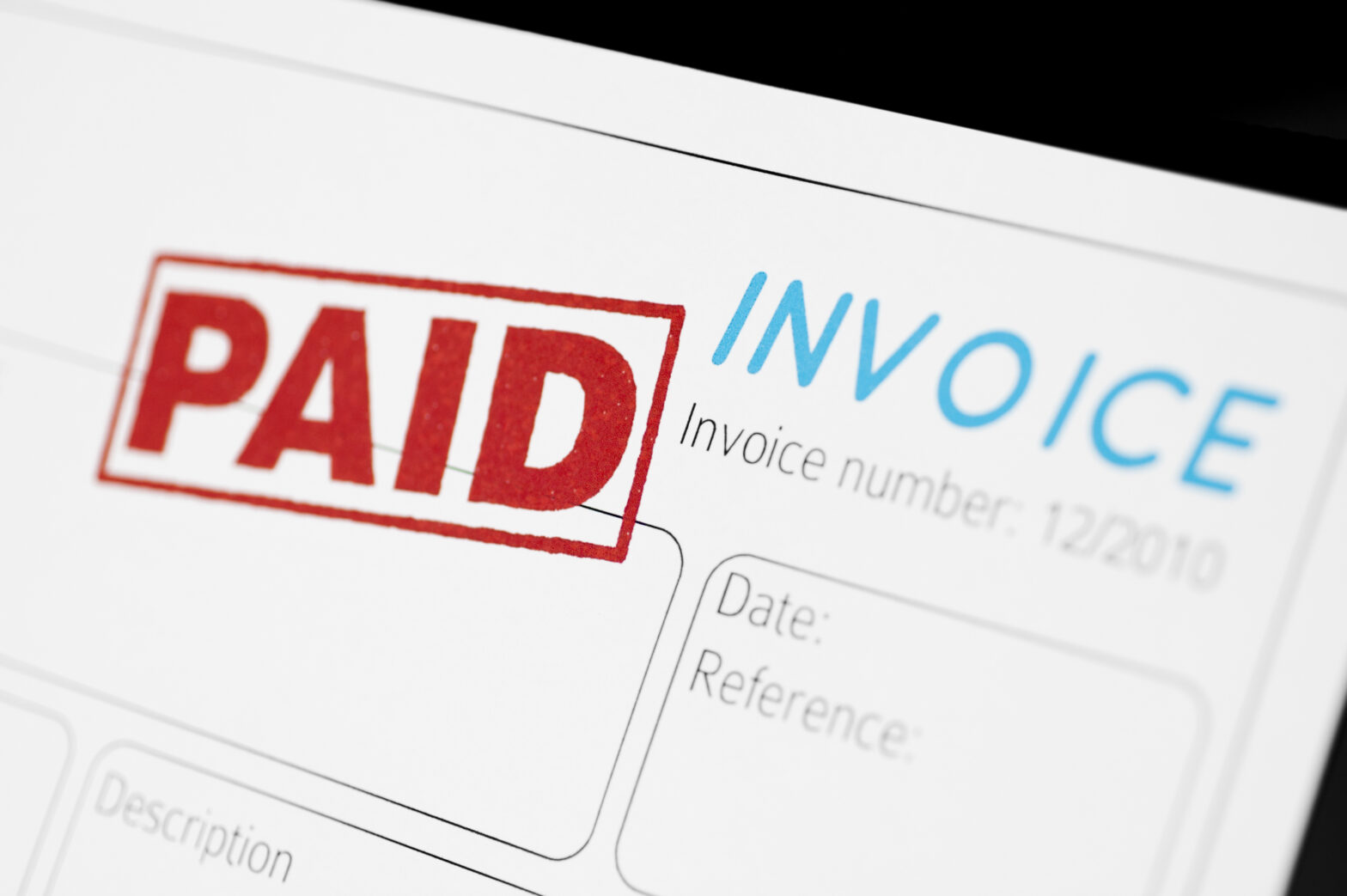Creditors have better memories than debtors. So said Benjamin Franklin. If your business is sitting on a pile of uncollected invoices, you’re perhaps thinking, ‘Tell me about it’. You’ll know that chasing invoices is tedious, trying, and time-consuming, and at no time in your childhood did you say that your life’s ambition was to spend weeks, months, maybe even years being frustrated by ignored emails, unanswered voicemails and dodged phone calls. And it may be that, like many other business owners who find themselves in that exact position, you feel like it’s easier to throw in the towel than keep plugging away. After all, what can you do?
Shweta Jhajharia from The London Coaching Group, says the answer lies in another great Benjamin Franklin quote: An investment in knowledge pays the best interest.
It’s not enough to have a better memory than your creditor, you need a better system. And that system should be based on a four-week plan.
Before we get to that, let’s take a moment to study the cards you’re holding: Unless an alternative period of time is agreed, payment is late 30 days after the customer receives an invoice or 30 days after goods have been delivered or services provided (if later), and if another business is late paying for your goods and/or services, interest and debt recovery can be claimed. That’s according to Gov.uk.
The law is on your side. So, there’s no need for you to give up on the money your business is due; you earned it.
However, if your debt collecting system is flawed, persistence is not enough. As another super-smart guy, Albert Einstein pointed out, doing the same thing over and over again and expecting different results is insane.
With this in mind, here Jhajharia’s simple four-week plan. It’s designed to give you an uncomplicated process that will simultaneously increase the number of paid invoices and eliminate unnecessary stress and use of resources.
Week one
There are a number of reasons why a customer may be a week late paying your invoice: a genuine oversight; illness; a computer failure; the Royal Mail. That means, at this stage the appropriate action is a gentle nudge. All that’s required is a firm but friendly email reminding your client that their payment is overdue, and requesting that they arrange payment as soon as possible.
Most clients will appreciate the reminder—they’ve got paperwork to do too—and payment will likely be immediate.
While it is important to remember that everyone can slip up, and that there may be a reasonable explanation for your invoice not having been paid, it is equally important not to let the non-payment slide. Be understanding, but be strict about sticking to your system. Do not wait longer than a week to send your friendly reminder.
Week two
After another week has passed, it’s reasonable to assume that your gentle reminder email has been read. If that email has not resulted in payment of your invoice within 7 days, it’s time to make a phone call. Ideally, this will be made by a junior member of your team—at this time you’re not treating this as an urgent matter—and again, the communication should be friendly, but firm, and if appropriate may include an offer to help with any issues that might be standing in the way of your invoice being paid. For example, if there is a legitimate reason behind the non-payment, such as the invoice being disputed, this can be addressed quickly rather than waiting until your customer’s query makes its way to the top of their to-do list.
Week three
If three weeks have gone by and payment is still to be made, the matter should be passed to a senior member of your team, who should send another email. This communication will be sterner, advising that the matter will be escalated if the invoice is not paid within a week. Again, the offer to discuss any issues your client may have with the invoice should be made.
Week four
Unless your customer has contacted you and discussed any difficulties they are experiencing, a senior member of staff should now call, pointing out the various communications that have taken place, emphasising the seriousness with which you view their non-payment, and making clear that if the invoice remains unpaid, you will proceed with legal action.
Depending on the circumstances, you will then have to decide whether to extend the deadline for payment, agree a payment plan, start legal action, or write off the invoice and move on.
Hopefully, written-off invoices will be few, and you’ll never have to involve a solicitor, but if that’s where you need to take the matter, better that that happens in four weeks, rather than you not knowing the situation you are in. As Benjamin Franklin also said, we are all born ignorant, but one must work hard to remain stupid.
Shweta Jhajharia is principal coach and founder of The London Coaching Group





